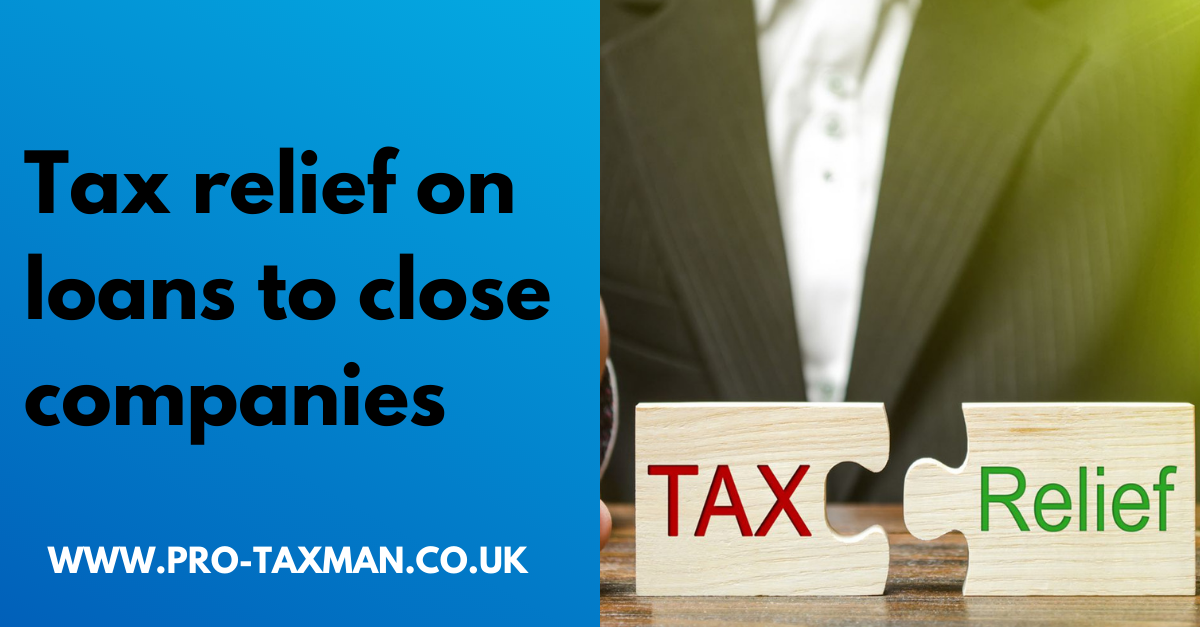Family and personal companies are often ‘close’ companies. Broadly, this is one that is controlled by five or fewer shareholders or any number of shareholders all of whom are directors.
In a close company, the directors and shareholders may borrow money from the company (in respect of which a tax charge may arise if the loans are not repaid by the time that the corporation tax for the period in which the loans were made is due nine months and one day after the end of that period).
The directors and shareholders may also lend money to the company. This may be more prevalent over the last 18 months as a result of the Covid-19 pandemic. Where the director borrows money in order to lend it to the close company, tax relief may be available. Tax relief may also be available where a shareholder borrows money to buy more shares in the company.
Availability of interest relief
Individuals are only entitled to tax relief for interest payments on certain loans. The list of eligible loans include a loan to buy an interest in a close company.
An individual can benefit from tax relief if they borrow money to buy ordinary shares in a close company in which they own at least 5% of the ordinary share capital (either alone or with associates). Where the 5% test is not met, relief is available for a loan to buy shares in a close company in which the individuals owns some shares and in which they work for the greater part of their working time in the management and conduct of the company’s business, or that of an associated company.
Tax relief is also available if the individual borrows money to lend it to a close company in which they have an interest, as long as the money is used wholly and exclusively for the purposes of the business or that of an associated company, provided that company is a close company and is not a close investment holding company. Again, to qualify for the relief, the individual must either own 5% of the ordinary share capital (either alone or with associates), or own shares in the company and spend the greater part of their working time working for the company, or an associated company.
The relief is lost if the borrowings are recovered from the close company. This would be the case if, say, a directors borrowed £50,000 to lend to the close company and the company repaid this, but the director did not clear the original loan. In this situation, the director would not be able to continue to claim tax relief on the interest paid on the original loan.
Relief must be claimed
Tax relief on eligible borrowings must be claimed. This can be done via the self-assessment tax return.
The income tax relief cap applies – this is the greater of £50,000 and 25% of adjusted net income.
Need professional accounting service or accounting advice? Contact us to book a 15-min Free Consultation with us today.
To find out more please follow us on Facebook , Twitter or LinkedIn. Feel free to contact us on 0333 006 4847 or request a call back by texting to 075 6464 7474.

